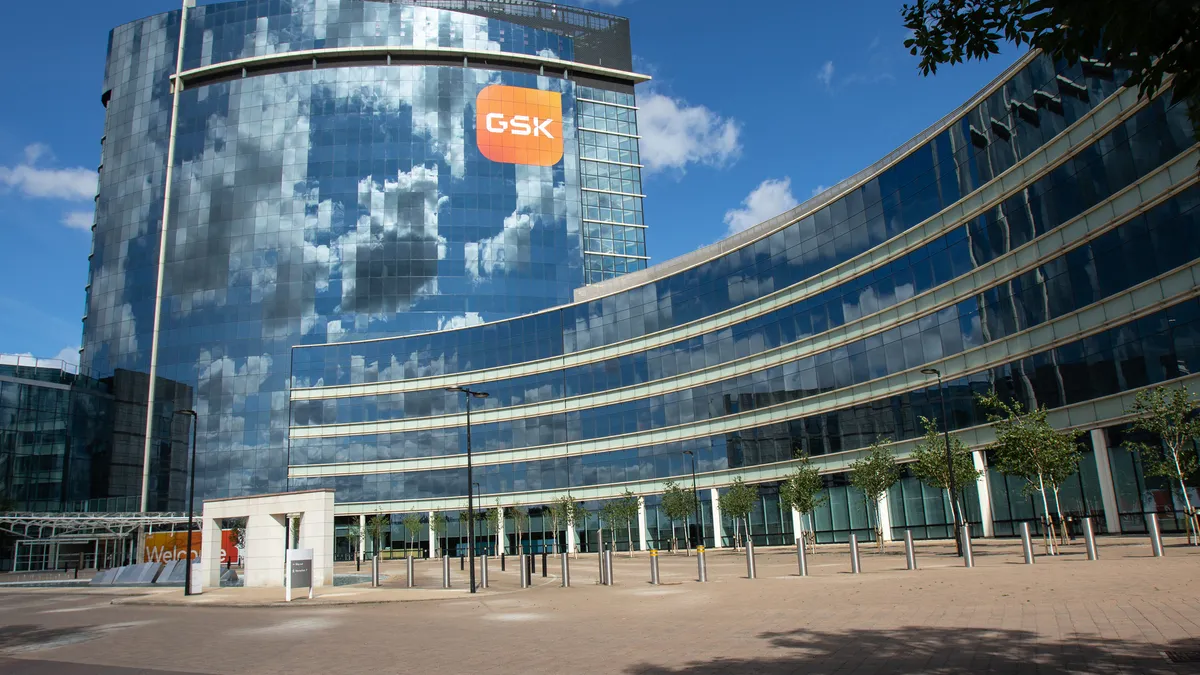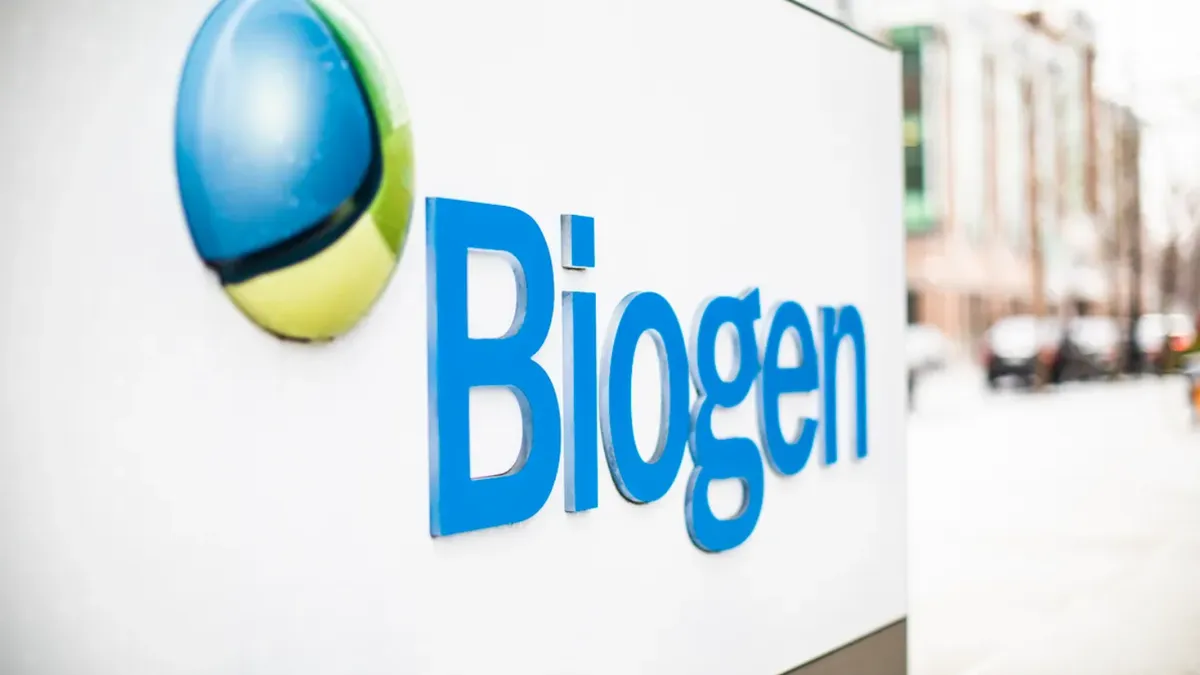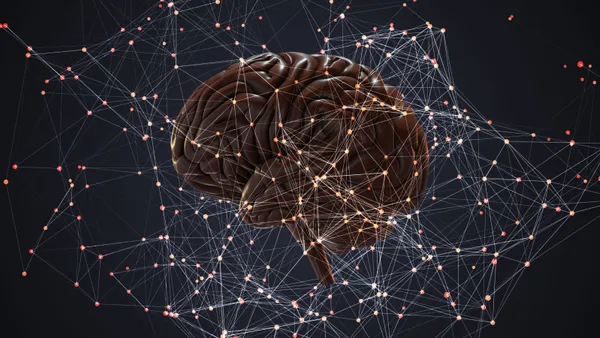Inside every human cell are thousands of snippets of genetic code that serve as the directions for creating proteins. And over the past four years, a small biotechnology company has been trying to prove that, by looking closely enough at this assembly of instructions, it can find new ways to treat diseases like Alzheimer’s, Parkinson’s and multiple sclerosis.
The company, Muna Therapeutics, now has a nod of confidence from one of the world’s largest drugmakers, as it announced on Thursday a collaboration with GSK that could ultimately be worth hundreds of millions of dollars.
Per deal terms, Muna will analyze brain tissue samples from a variety of sources, from healthy individuals to Alzheimer’s patients to centenarians with and without cognitive impairment. The company will then use different technologies to determine where protein instructions are (or aren’t) in those tissues, with the goal being to identify and validate new targets for Alzheimer’s drugs.
GSK agreed to give Muna 33.5 million euros, or roughly $35 million, up front, plus as much as 140 million euros in milestone payments for each target selected. In exchange, Muna is responsible for finding and verifying these molecular switches. The biotech also said it will expand the dataset it has derived from brain tissue samples.
Once the companies are satisfied with the target, GSK will be in charge of taking the programs forward. It will lead drug development, manufacturing and commercialization. Muna may also receive tiered royalties from sales of any products that come from the collaboration.
The initial iteration of Muna formed in 2020 with help from Novo Seeds, the early stage life sciences investment arm of Novo Holdings, which is the controlling stakeholder in Novo Nordisk. It soon merged with another European startup, K5 Therapeutics, and in 2021 officially launched as a new version of itself. The combined company came equipped with $73 million from a group of investors that included Sofinnova Partners, Droia Ventures, Polaris Partners, Novo Holdings and the venture arm of Sanofi.
Muna’s CEO, Rita Balice-Gordon, said in a statement the deal with GSK represents a “pivotal moment” both in the biotech’s evolution and in “the broader Alzheimer's research landscape.”
For GSK, it’s another step into neuroscience — an area it abandoned more than a decade ago. Like some of its peers, the U.K.-based pharmaceutical giant has been slowly returning to brain drug development over the past few years. In mid-2021, it agreed to pay at least $700 million for rights to two drugs that a company called Alector had been testing against neurodegenerative diseases.
Later that year, GSK and the University of Oxford disclosed plans for a new center meant to find ways to development medicines faster and more successfully, with an initial focus on brain diseases like Alzheimer’s, Parkinson’s and ALS.
More recently, GSK partnered with a Flagship Pioneering-backed biotech to discover new drugs for Parkinson’s disease and another neurodegenerative condition. GSK, through its new venture investments arm, also helped fund a Switzerland-based biotech working on a potential medicine for Alzheimer’s.
Kaivan Khavandi, GSK’s head of respiratory and immunology R&D, said in the statement Thursday that his company sees Muna’s technology as being able to “determine the genetic and cellular basis of progression and resilience in neurodegenerative diseases.”
Khavandi added that the collaboration “exemplifies our discovery ethos,” as it uses data and a “platform” technology to identify disease-causing targets, which GSK can then support with its size and experience developing and selling drugs.













